|
... And wishing we were still on our mission. We have visited with family, settled back into life and regular church callings, and I published a new book called a Caboodle of Blossoms. This is a whimsical and winding footpath, an anthological detour from my earlier works of principally international literary fiction with pinches of thriller, mystery, and romance. This is a work of speculative flash fiction, short stories, poetry, and sketches. My opportunity to serve a mission with my wife in Mexico for the Church of Jesus Christ of Latter-Day Saints was the catalyst for much of the poetry. Our principle focus while in Mexico was on more important and eternal matters than putting words to paper. Yet, as hard as I tried to stay focused on the work of salvation, the words tickled my thoughts, sometimes hijacking my concentration, and a few times staging unconstrained prison riots in my head. I released the words, like steam from a teapot, and then went back to work. I hope A Caboodle of Blossoms will emancipate a measure of the reader’s stress, or at least amuse and beguile.
No, I mean like a real mission. I am a member of the Church of Jesus Christ of Latter-Day Saints and my wife and I have been called to serve a two-year mission. We will serve in the Mexico Guadalajara East Mission. We leave on 7 August 2017 and are scheduled to return in August 2019. I have asked one of my editors to keep an eye on the site. I will try to look at my email from time to time, so be patient if you don't immediately hear back from me. My books will still be for sale while I am gone, but I won't be making any posts on my Facebook page or doing any marketing. Needless to say, the podcast has also been placed on a high shelf that won't be touched until I return. My best to you!
To make it easier for the author, who would rather be writing books, than playing web administrator, you can view all past and present posts here: http://eepurl.com/bWoblj
The New World Disorder The New World Disorder is more than a catchy phrase. It is a play on the phrase—The New World Order, a conspiracy theory that suggests the possibility of a takeover of a totalitarian world government. Whether the world we live in is being controlled by some secret conspiracy and whether it is leading to order or disorder is the topic of books and blogs—not this short newsletter. The zeitgeist, however, has us asking the question posed in Aldous Huxley’s Brave New World (along with a host of other authors such as Dostoevsky, Lowry, and Hobbes): Is stability better than freedom? Is the dehumanizing of man in the interests of the world community? There were terrible and unjustified deaths in Syria a decade ago, but nothing like we have seen over the past few years, not to mention the refugee crisis that terrible war has spawned. Some like German author Hans Enzenberger ask, was the old order better? In the words of author, filmmaker, and zeitgeist observer Tariq Ali, “Three decades ago, with the end of the Cold War and the dismantling of the South American dictatorships, many hoped that the much talked about ‘peace dividend’ promised by President Bushsenior and Prime Minister Thatcher would actually materialize. No such luck. Instead, we have experienced continuous wars, upheavals, intolerance and fundamentalisms of every sort – religious, ethnic and imperial.” How has the zeitgeist responded? It appears, just as Huxley predicted. Identity and Stability form the core of Aldus Huxley’s world state's motto in his New World books. Of course, “Identity “ in the book means the loss of individual identity—queue the real world paradox of social media’s power to dilute the individual and weaken the connection of people with people. The citizens of Brave New World see the purpose of life as just maintenance of well-being, nothing grander or more meaningful than that. Stability comes at the loss of knowledge, understanding, morals, and spirituality. Neil Postman suggests in his essay Amusing Ourselves to Death that “entertainment in the society is no more than blinds created by the government to hide the cultural and emotional emptiness.” Huxley explains this phenomenon in Brave New World Revisited, “Non-stop distraction of the most fascinating nature… are deliberately used as instruments of policy, for the purpose of preventing people from paying too much attention to the realities of the social and political situation,” (page 45). I don’t see this as some masterminded government plan, but simply the zeitgeist reaction to a seemingly unbearable reality. If we aren’t careful, we become only spectators, sacrificing our will and action for a false peace. John Ashbery’s poem “Soonest Mended” comes to mind, It was still a shock when, almost a quarter of a century later, The clarity of the rules dawned on you for the first time. They were the players, and we who had struggled at the game Were merely spectators… President Obama suggests we are witnessing “An assault on all humanity.” President Putin adds ironically, “Instead of democracy, bloodshed and fanaticism had filled the vacuum,” and, “ you never know who is manipulating whom.” It is like the world is frozen in a 1960’s Television show—you know, that scene right before the commercial break when everyone in the saloon has drawn his six-shooter, holding their breath and hoping Marshall Dillon gets there in time, and Festus peeking up from behind the bar, wondering who will be the first to start shooting. Our world is no longer as simple as the cattle ranchers against the farmers, but ranch against ranch for local watering rights. Regional hegemonies are cropping up like kudzu in Atlanta, with a wistful approach to an almost city-state world reminiscent of the Renaissance period. Regional thugs abound, exacerbating the fractionalization. Russia’s bullied compliance of its sphere of influence in the Ukraine, China’s co-prosperity alliance mixed with manufactured islands in Southeast Asia, Sunni Shia spheres volleying warning shots across each other’s bow, and U.S. presidential candidates starting to sound as illogical as a North Korean speech are now daily occurrences. The world is crying out for leadership as we muddle along in this trough of disorder. I will be writing more about this in my Meaning Marketplace series--booklet 12, which will be published in August. The question is, what kind of leadership will the New World Disorder select and accept? Another line of John Ashbery’s poem “Soonest Mended” warns, Not too reassuring, as though meaning could be cast aside some day, when it had been outgrown. Meaning Marketplace Scale: M--Significant meaning 97
Exciting News!--click to see the book trailer for Chinese Circus onYouTube here or Vimeo here. Many thanks to Matt, Sarah, Adriana, and Tom for their efforts to help me get this published. Click Here to watch it. Please share it with friends and strangers. I CAN'T WAIT FOR THE FEATURE-LENGTH MOVIE! Buy the book here.
I have been described as a world traveler has-been, Renaissance Man wannabe. (See http://www.mike-mitchell.com/about.html) I don’t know about the Renaissance part, but ahhh travel, as Ibn Battuta expressed, “it leaves you speechless, then turns you into a story teller.” I have visited or lived in 72 countries and I have learned there are those times when you’re reveling in big culture shock and there really is no word in English that can fully describe the moment. As a writer I have collected some of those expressions as they relate to books and story telling. Here are a few. Tsundoku (Japanese): Leaving a book unread after buying it. Commuovere (Italian): Often taken to mean “heartwarming,” but directly refers to a story that moved you to tears. Hiraeth (Welsh): A particular type of longing for the homeland or the romanticized past, often in a story. Dépaysement (French): The feeling that comes from not being in one’s home country; being a foreigner. Fernweh (German): Feeling homesick for a place you have never been to. (The best books do that) Verschlimmbessern (German): To make something worse when trying to improve it. (My last book draft) Duende (Spanish): The mysterious power that a work of art or story has to deeply move a person. Hygge (Danish)Denmark’s mantra, hygge is the pleasant, genial, and intimate feeling associated with sitting around a fire in the winter with close friends or a good book. Nefelibata (Spanish) One who lives in the clouds of their own imagination or dreams, or one who does not obey the conventions of society, literature, or art. Literally, ‘cloud walker.’
I am not talking about the politics of the refugees themselves, but the cyclone of politics circling the global refugee crisis. And more specifically, I am talking about the impact of these politics on the zeitgeist—since that is what this mid-monthly article covers. The crisis: asylum-seekers and people forced to flee within their own countries surpassed 50 million since 2014 and for the first time since World War II. It surged to nearly 60 million cumulative this year. Exacerbating this crisis are the terrorist actions of a tiny minority who attempt to attach themselves to the coattails of world religions, legitimate standing militaries, tribes and nations and in a few instances, states. This has brought out the best and the worst of us. Those who see the world as a zero-sum game try to protect as much of the single pie for themselves. Those who see the world through an abundance perspective try to share their piece of the pie. Shouts of shortsightedness, stupidity, and even traitor are lobbed across the divide between these two camps. And the humanity caught in the crossfire continue to trudge forward looking for life, or fall to the side, no longer able to walk. As Spanish philosopher Miguel de Unamuno explained, “it is this conflict which unifies action—life!” The question is, what will that unity look like? It is the values, norms, and expressive symbols that make up common identity—of a group, a nation, our global community. We need to decide where we stand and then STAND. In Renan’s lecture at the Sorbonne in 1882, he explained, A nation is a soul, a spiritual principle. Two things that actually are one come together to build this soul or spiritual principle. One of them lies in the past, the other in the present. One is the common possession of a rich heritage...; the other is a present accord, the desire to live together, and the will to continue to accumulate and build the common heritage. Will we sell our soul and the heritage of our past for a sense of false security, or continue to build our soul and spiritual principle—the accord and desire to live together and the will to continue to accumulate and build? For further thoughts on this, see a series of 15 blog posts I wrote in 2009, starting withhttp://suretrumpet.blogspot.com/2009/06/us-national-interest-toward-common.html. Meaning Marketplace Scale: M--Significant meaning 86
Vicky and I spent a special week in Arizona in the middle of October. We had some very meaningful and memorable visits with family. We will be back in the Grand Canyon state for Thanksgiving. We can't wait. This state was made for writers. Just to the east of where this picture was taken, in the White Mountains, live the Quero Apache. I used to fly over this beautiful land, practicing loops and barrel rolls when I was a student in pilot training. A Quero Apache meditation states, Looking behind I am filled with gratitude. Looking forward I am filled with vision. Looking upwards I am filled with strength. looking within I discover peace. I wish this for you as we enter the Thanksgiving and Christmas Holiday season. Happy reading! More about me at Mike-Mitchell.com A quick look at the Past, Present, and what's Coming Soon
|
Mike MitchellWorld Traveler Has-Been, Renaissance Man Wannabe. At times there will be guest blog posts. Archives
May 2022
Categories |
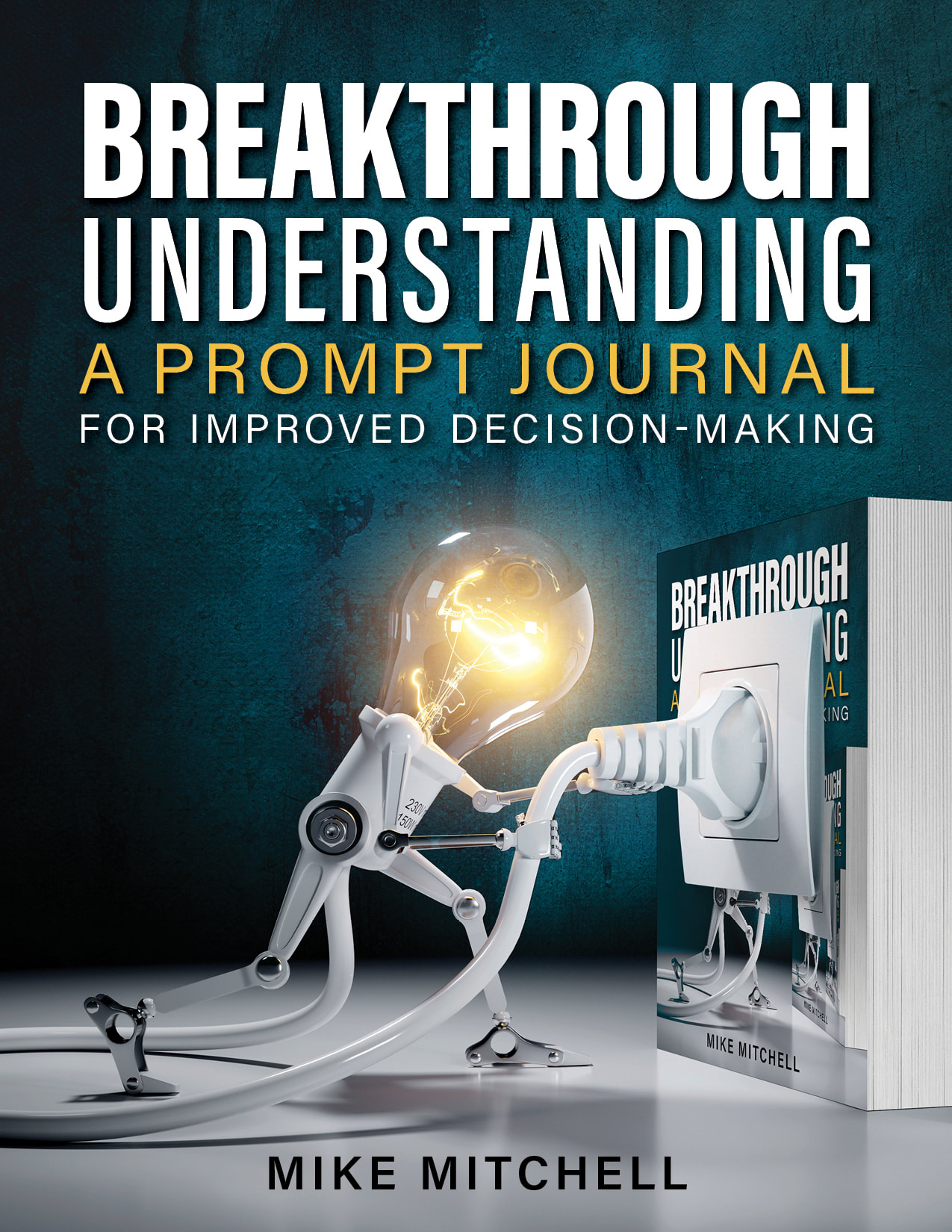
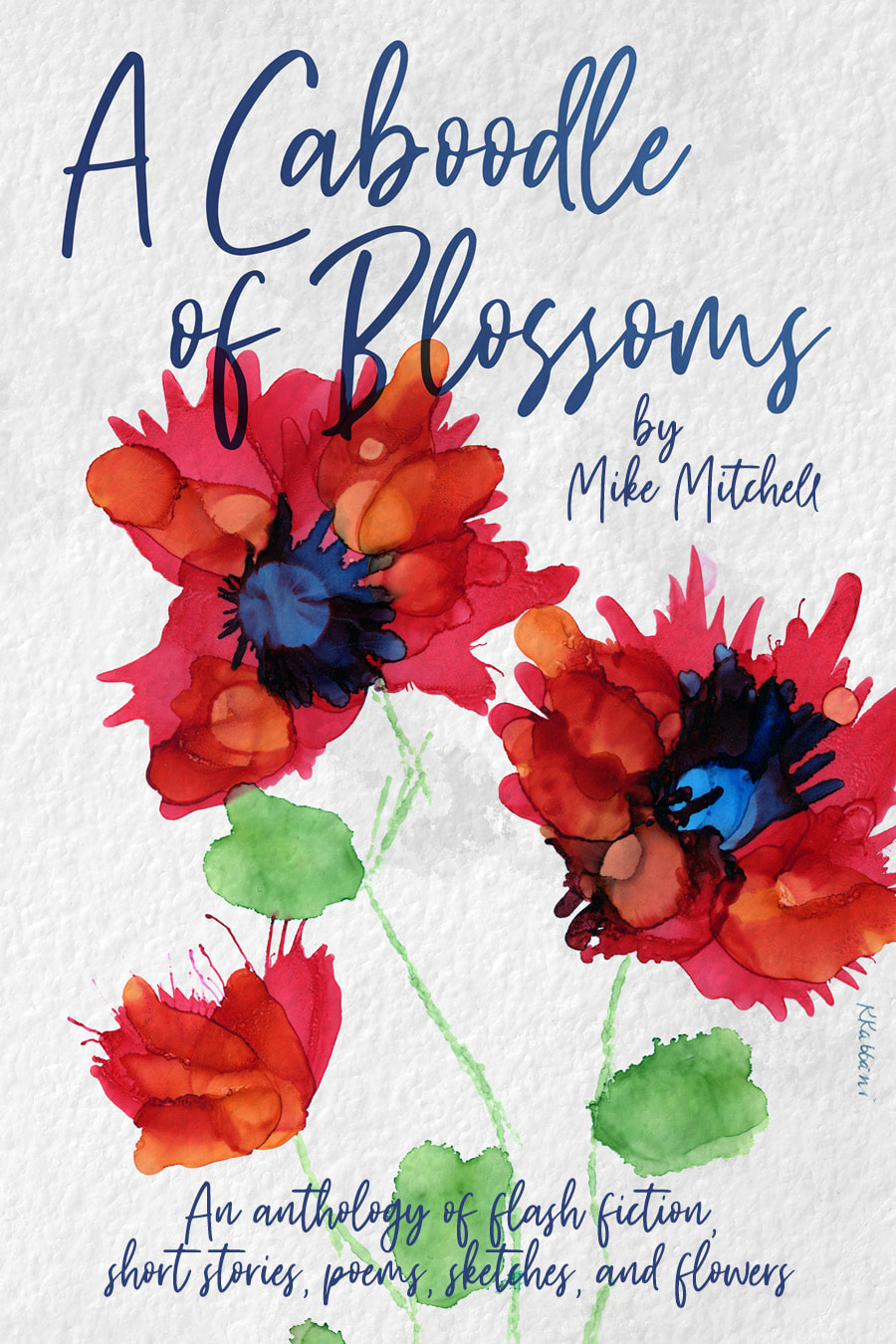
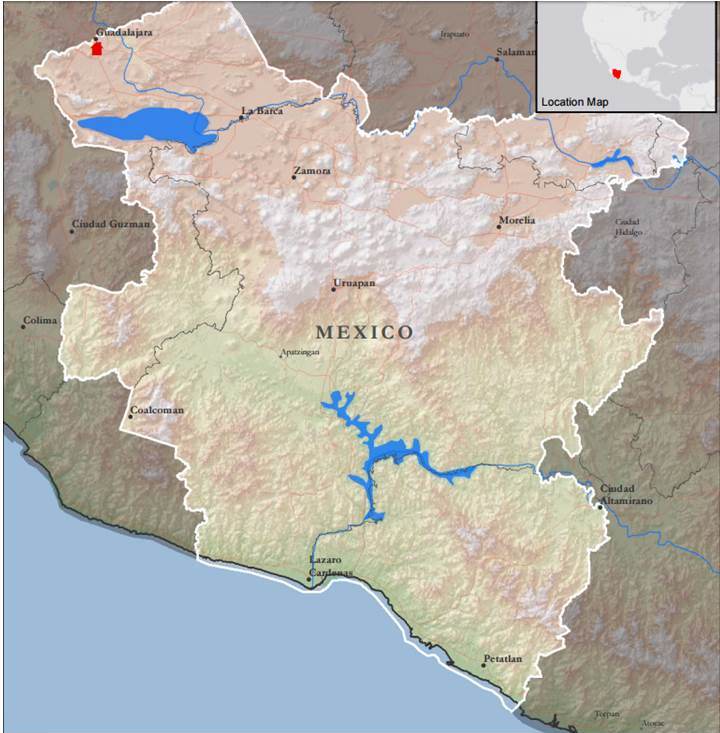
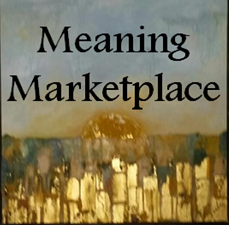
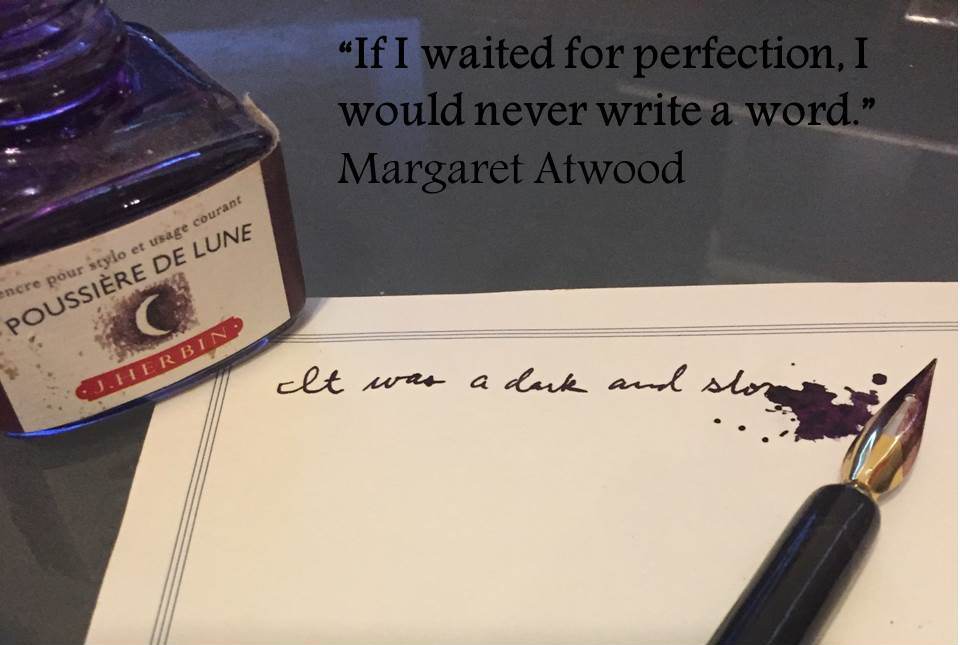
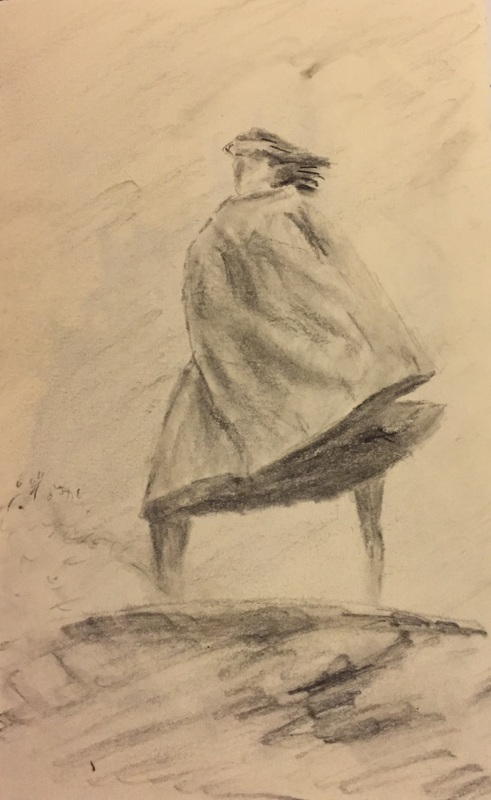
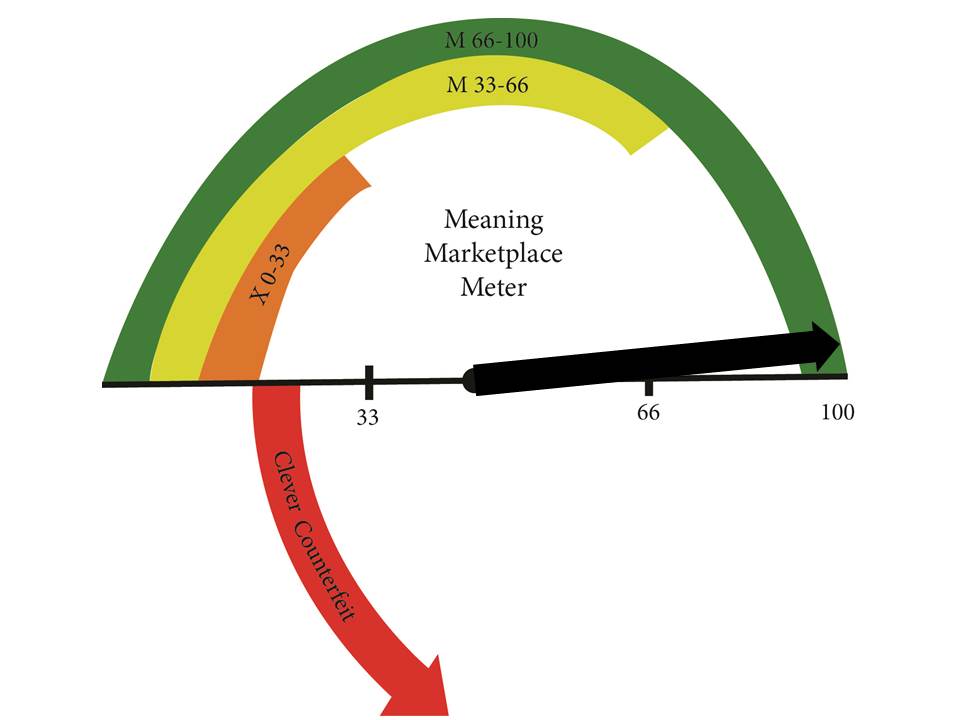

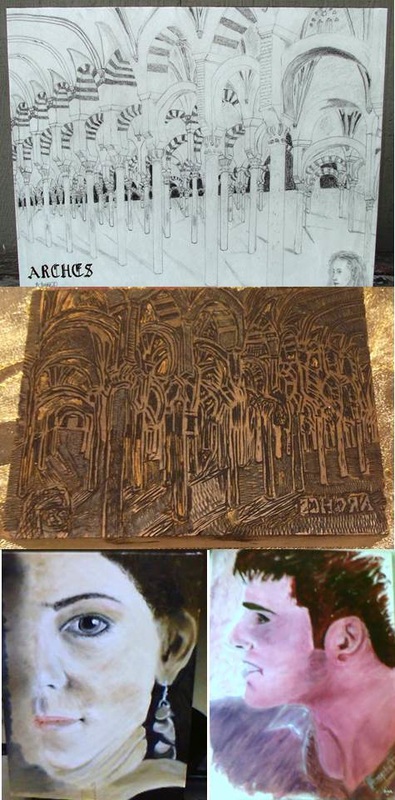

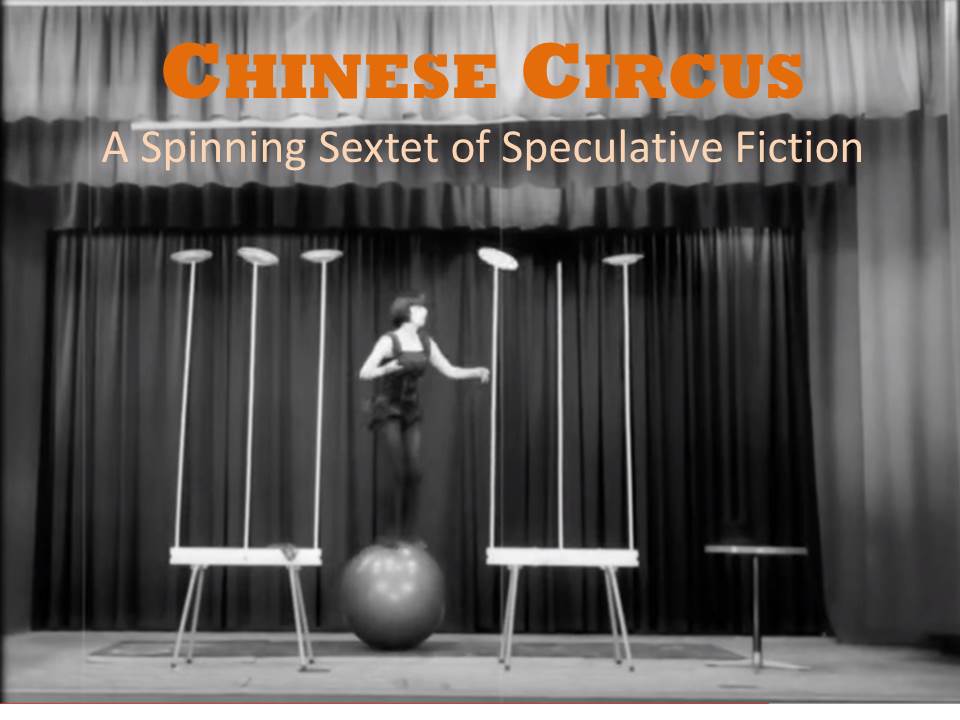
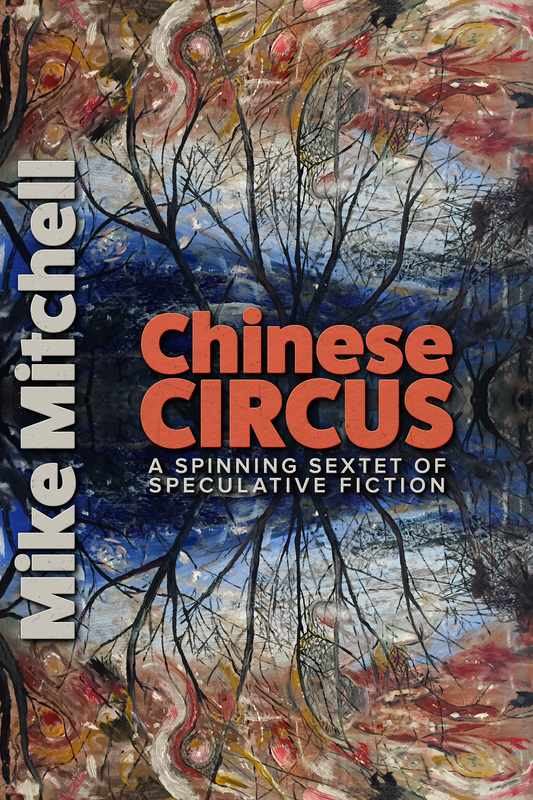
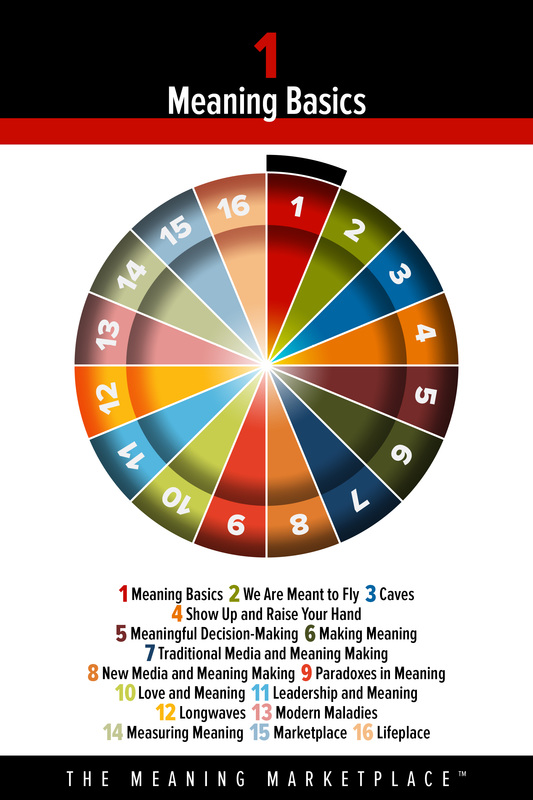
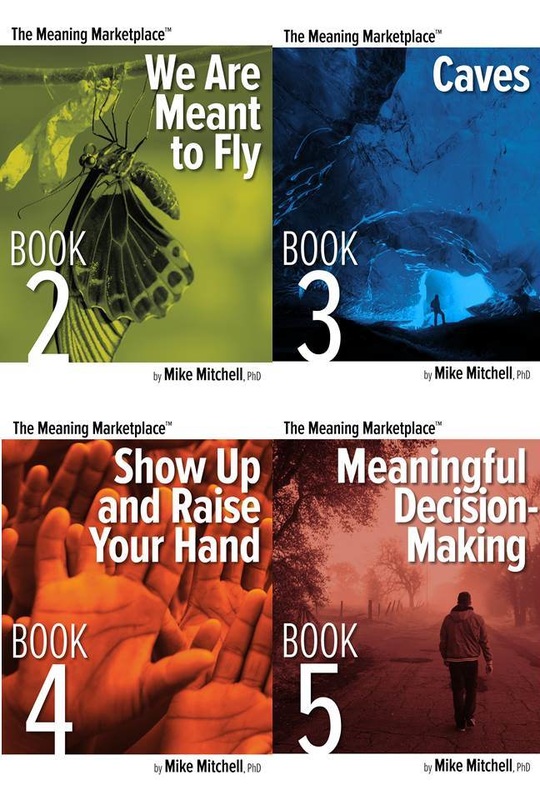

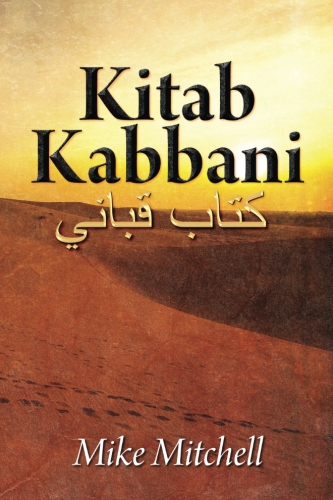
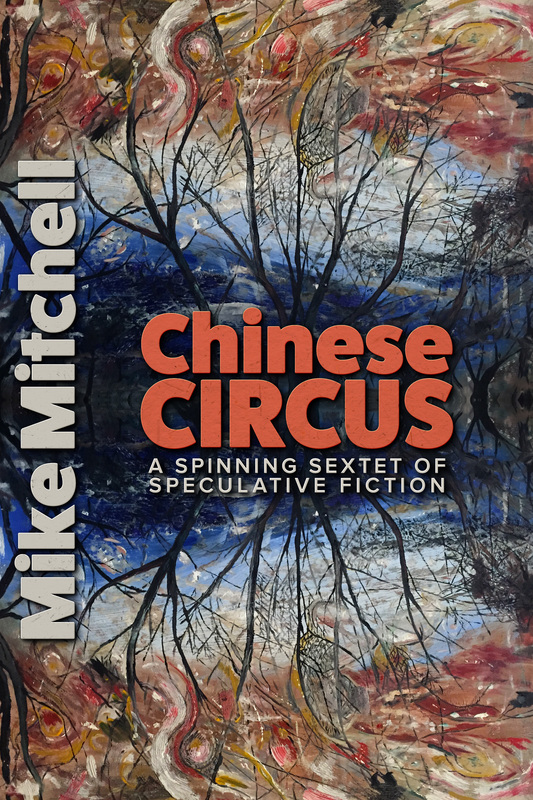
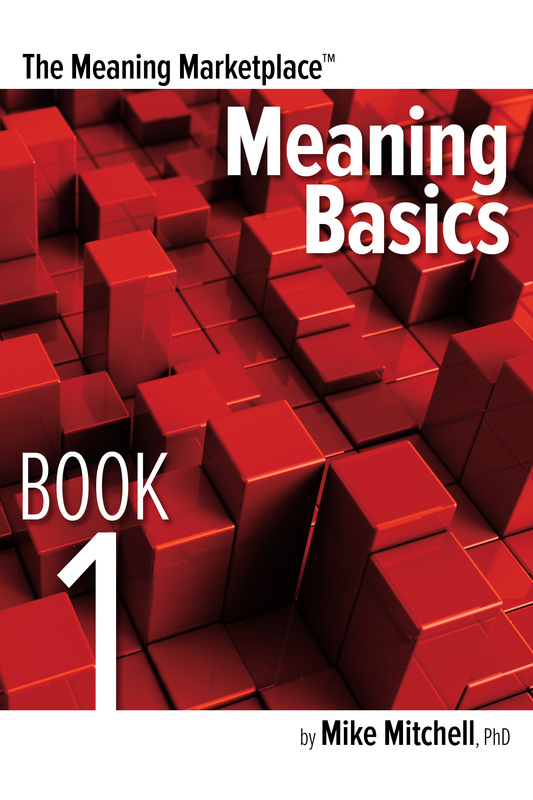
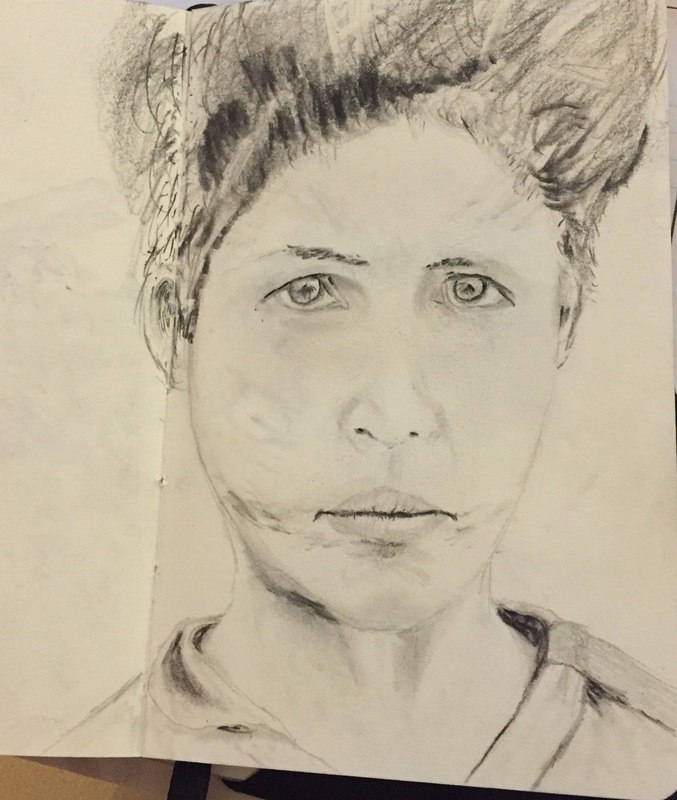
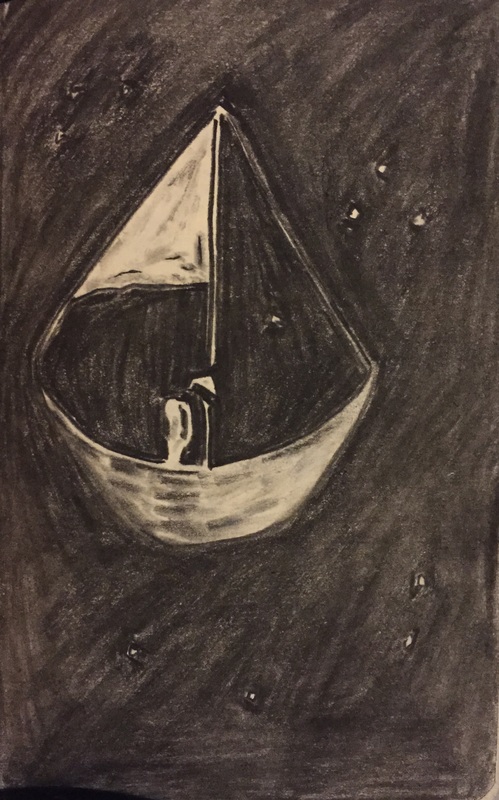

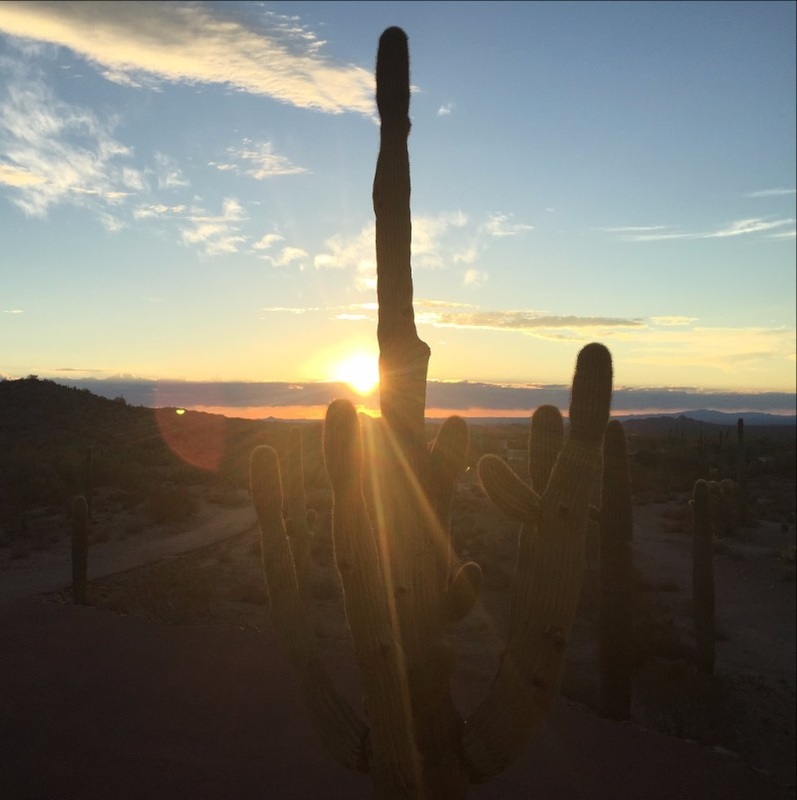
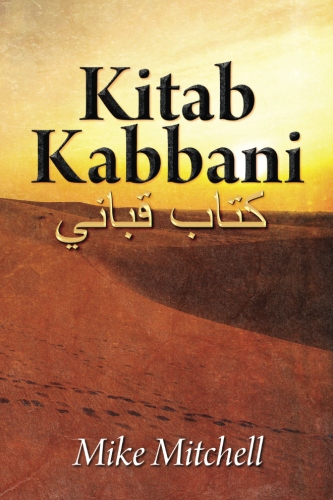
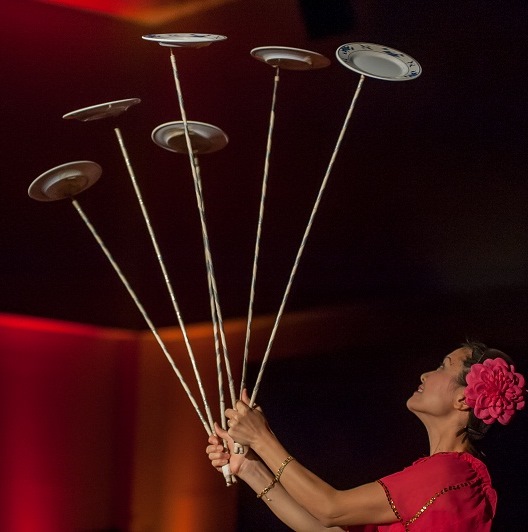

 RSS Feed
RSS Feed